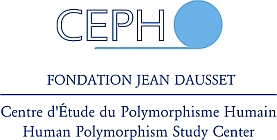Pr Jean Dausset, Prix Nobel de Médecine, 1980
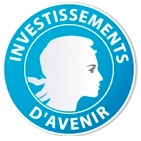 | 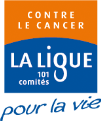 | 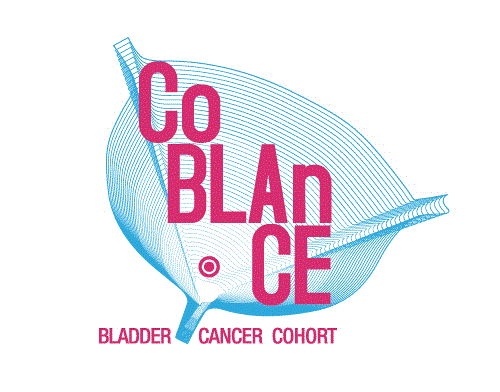 | 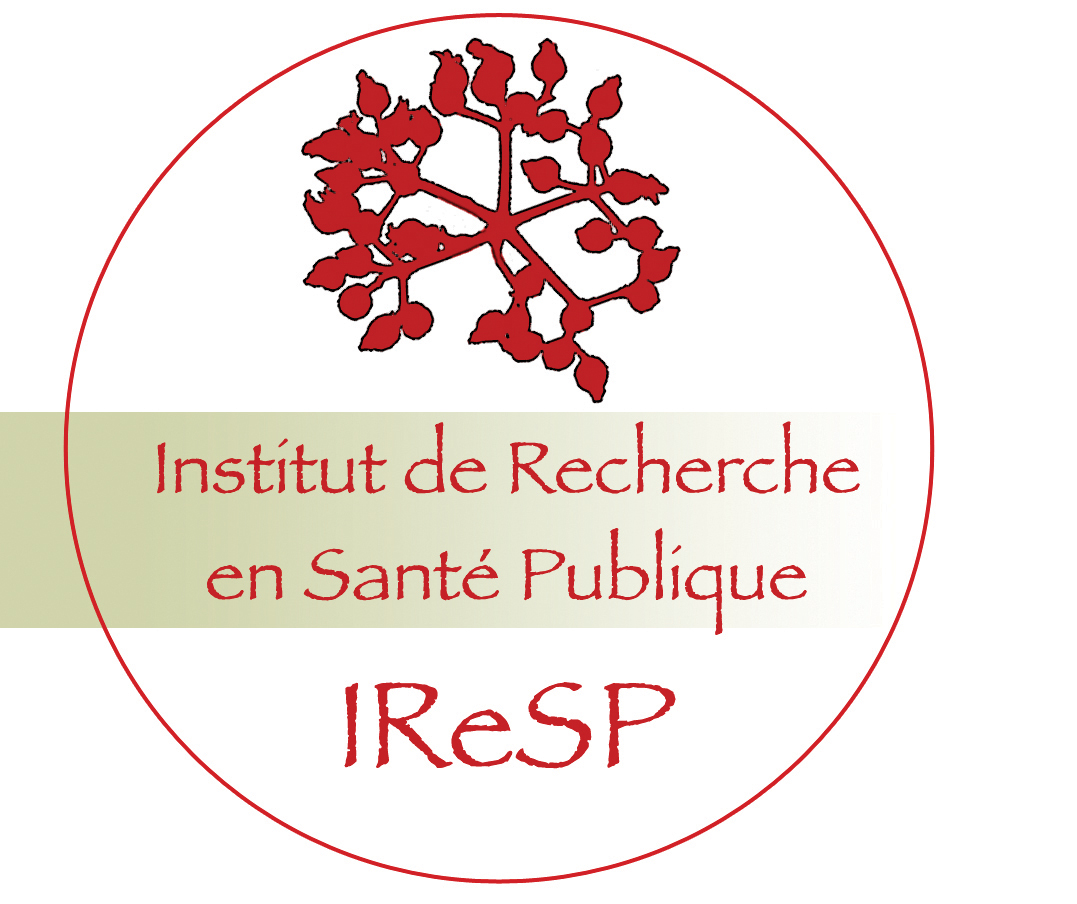 | 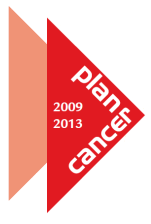 |
COBLAnCE: A cohort for bladder cancer
Coordination committee: Simone Benhamou, INSERM U946, Yves Allory, Hôpital Henri Mondor, Julia Bonastre, IGR, Thierry Lebret, Hôpital Foch, François Radvanyi, Institut Curie
Urinary bladder cancer is the 6th most frequent cancer in the European Union. Despite its high incidence and prevalence, very few studies worldwide are devoted to this cancer and there is a lack of studies focusing on the identification of therapeutic target and theranostic biomarker discovery, and on cost-effectiveness treatments. Cost-effectiveness is particularly important, because bladder cancer is one of the most costly cancers to treat, with long follow-up periods, high recurrence rates, multiple surgical interventions and invasive monitoring. No targeted treatment has proven to be effective in bladder cancer so far, and no marker is available to predict recurrence or progression. Tobacco smoking and occupational exposure to aromatic amines and polycyclic hydrocarbons are well known risk factors for bladder cancer but their role in the disease is not well understood and is likely to depend on the genetic and/or epigenetic background.
The goal of our consortium, which includes teams from different disciplines (epidemiology, economics, urology, pathology, molecular biology), is to establish a prospective cohort of 2,000 patients with bladder cancer from 17 clinical centers in France and to follow them for a period of six years. Sociodemographic, environmental, clinical and economic data will be collected, together with tumor tissue, blood, and urine samples. This extended consortium was constituted from an existing consortium responsible for the Carte d'Identité des Tumeurs
This cohort will make possible :
- to include fundamental parameters in the analyses, such as normal DNA polymorphisms and environmental parameters, the interactions of which may favor tumourogenesis through specific molecular pathways,
- to study multiple consecutive tumors obtained from individual bladder cancer patients, to shed light on multistep oncogenesis,
- to confirm directly our previous results as well as results of the literature in a large series of prospectively collected tumors,
- to transfer the results of the studies into clinical practice,
- to assess healthcare resource use in current practices and how it can evolve with the integration of emerging biomarkers
- to foster cancer research in France and more active participation in international studies.
This project will allow the constitution of a national integrated database on bladder cancer, containing epidemiologic, clinical, pathologic and biological data. This database will be associated with biological samples collected at initial diagnosis and during follow-up, supporting future powerful association studies based on the use of sequencing and phenotyping biological platforms (such as those previously used in the CIT project). It will provide us with considerable insight into the oncogenesis of bladder cancer and should facilitate the identification of treatment targets and biomarkers. All the samples will be centralized, prepared and stored in certified biological resource platforms (BRC from Fondation Jean Dausset-CEPH, BRC from Institut Curie, BRP from hôpital Henri Mondor), ensuring high quality, reproducibility and the respect of ethical guidelines and regulations. The database and sample collection will be accessible to the scientific community and private companies seeking to use these resources for the validation of treatment targets or biomarkers, thus fostering the translation of research from academic laboratories to industrial companies. The integration of clinical, molecular and economic data will also improve medical practice, partly by providing evidence of cost-effectiveness. The association of teams within the consortium will ensure scientific excellence, complementarity and interdisciplinarity.
This project, selected by "Investissement d'Avenir axe Cohortes", was also supported by IReSP, as part of the Plan Cancer 2009-2013 framework, and by La Ligue contre le Cancer.

